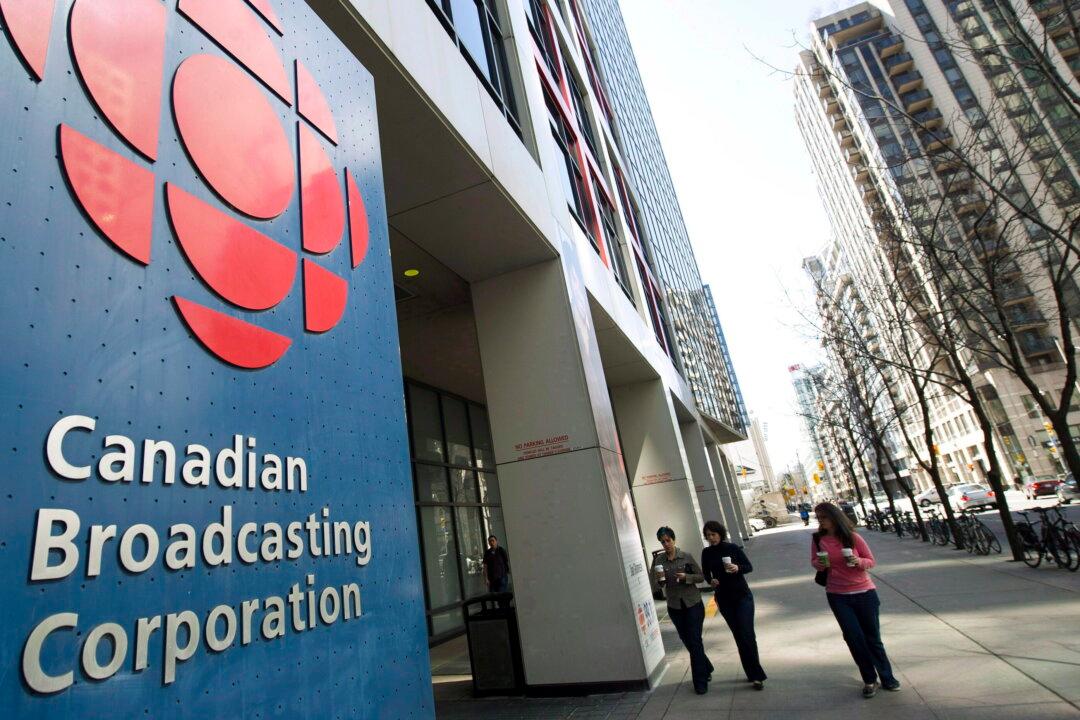Marie-Philippe Bouchard, a seasoned executive from a Quebec news channel, has been tapped to lead Canada’s national public broadcaster.
Bouchard’s appointment as the next president and CEO of CBC/Radio-Canada was announced on Oct. 22. She will begin her five-year term on Jan. 3, 2025. Bouchard will replace Catherine Tait, whose tenure was renewed in June and is set to expire in January 2025.





